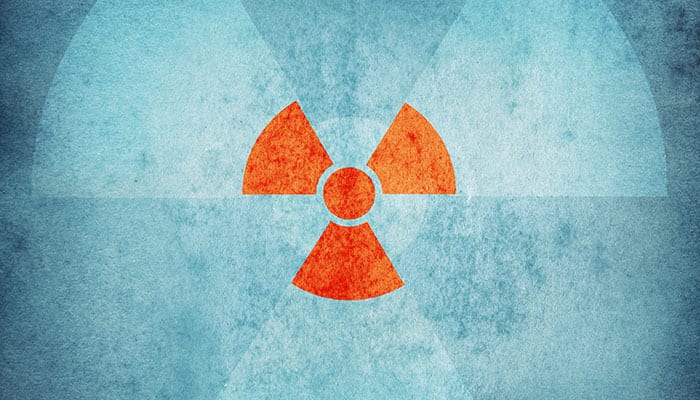The U.S. Food and Drug Administration and the Nuclear Regulatory Commission (NRC) have announced actions to ensure a stable and secure supply of a critical radioactive imaging product used to detect potentially life-threatening diseases.
The FDA approved the RadioGenix System, a unique system for producing Technetium-99m (Tc-99m), the most widely used radioisotope in medical imaging. The NRC is issuing guidance and will license the RadioGenix System to enable the Tc-99m it produces to be used for its medical purpose.
Tc-99m is a diagnostic agent that is used by health care professionals with FDA-approved imaging devices to detect potential diseases like coronary artery disease and cancer, as well as evaluating lung, liver, kidney and brain function. When used with the appropriate diagnostic scanner device, such as a SPECT imaging system, the Tc-99m emits signals that are captured and produces an image of internal organs to detect various medical problems and contribute to diagnosis and treatment decisions.
Efforts by the U.S. Department of Energy’s National Nuclear Security Administration (DOE/NNSA) to ensure a reliable supply of a vital medical isotope have paved the way for the program.
Mo-99 is the parent isotope of technetium‑99m (Tc-99m), the most widely used radioisotope in medical diagnostic imaging. This essential medical radioisotope is used in approximately 80 percent of nuclear diagnostic imaging procedures, or about 40,000 medical procedures in the United States every day. Tc-99m is used to diagnose heart disease, the spread of cancer, to study organ structure and function, and to perform other important medical applications including the cardiac “nuclear stress test.”
“Every day, tens of thousands of people in the U.S. undergo a nuclear medical imaging procedure that depends on Tc-99m,” said Janet Woodcock, M.D., director of the FDA’s Center for Drug Evaluation and Research. “This radioisotope is vital to disease detection, yet health care professionals have faced challenges with adequate supply due to a complex supply chain that sometimes resulted in shortages. Today’s approval… marks the first domestic supply of Mo-99 – the source of Tc-99m – in 30 years, which will help to ensure more reliable, clean and secure access to this important imaging agent used in nuclear medicine.”
NNSA has successfully partnered with NorthStar Medical Radioisotopes for seven years to develop the RadioGenixTM System and NorthStar’s neutron capture process to produce Mo-99 without the use of uranium.
“The FDA’s approval of NorthStar’s technology to produce Mo-99 in the United States is a win-win for national security and healthcare,” said Steven C. Erhart, DOE’s Acting Under Secretary for Nuclear Security and NNSA Administrator. “The domestic production of this critical medical isotope without highly enriched uranium reduces global proliferation threats while also providing a more reliable supply to healthcare providers that need Mo-99 for diagnostic medical procedures every single day.”
Until now, the United States has had to rely on foreign producers to import 100 percent of its Mo-99 supply, some of which use highly enriched uranium (HEU) in their production processes. NNSA efforts to eliminate the use of weapons-grade uranium from the Mo-99 production process reduce the global proliferation threat.
Editor Also Recommends:


